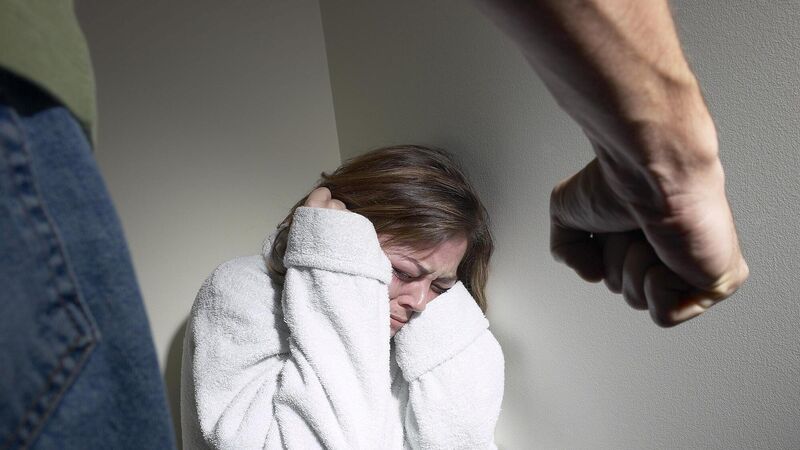Sarah Harte: Modern sex education is our best weapon to combat gender-based violence

Last month the Irish Human Rights and Equality Commission said that violence against women has “reached crisis levels in Ireland”.
Try from €1.50 / week
SUBSCRIBE
Last month the Irish Human Rights and Equality Commission said that violence against women has “reached crisis levels in Ireland”.
The results of a newly published extensive online relationship quiz reported in this paper by Padraig Hoare and Liz Dunphy are disturbing. They have further exposed “the extent of coercive control, sexual pressure, and violence in young people’s” relationships. Red lights should be flashing everywhere.
Of the 20,000 young people who responded to the online Women’s Aid quiz, 93% said their partner had threatened to post intimate images when they fought; 83 % said that they had been hit by a partner, and 72% said their partner went through their phone.
Already a subscriber? Sign in
You have reached your article limit.
Annual €130 €80
Best value
Monthly €12€6 / month
Introductory offers for new customers. Annual billed once for first year. Renews at €130. Monthly initial discount (first 3 months) billed monthly, then €12 a month. Ts&Cs apply.
CONNECT WITH US TODAY
Be the first to know the latest news and updates
Newsletter
Sign up to the best reads of the week from irishexaminer.com selected just for you.

Select your favourite newsletters and get the best of Irish Examiner delivered to your inbox
Thursday, February 12, 2026 - 10:00 PM
Thursday, February 12, 2026 - 6:00 PM
Thursday, February 12, 2026 - 10:00 PM
© Examiner Echo Group Limited